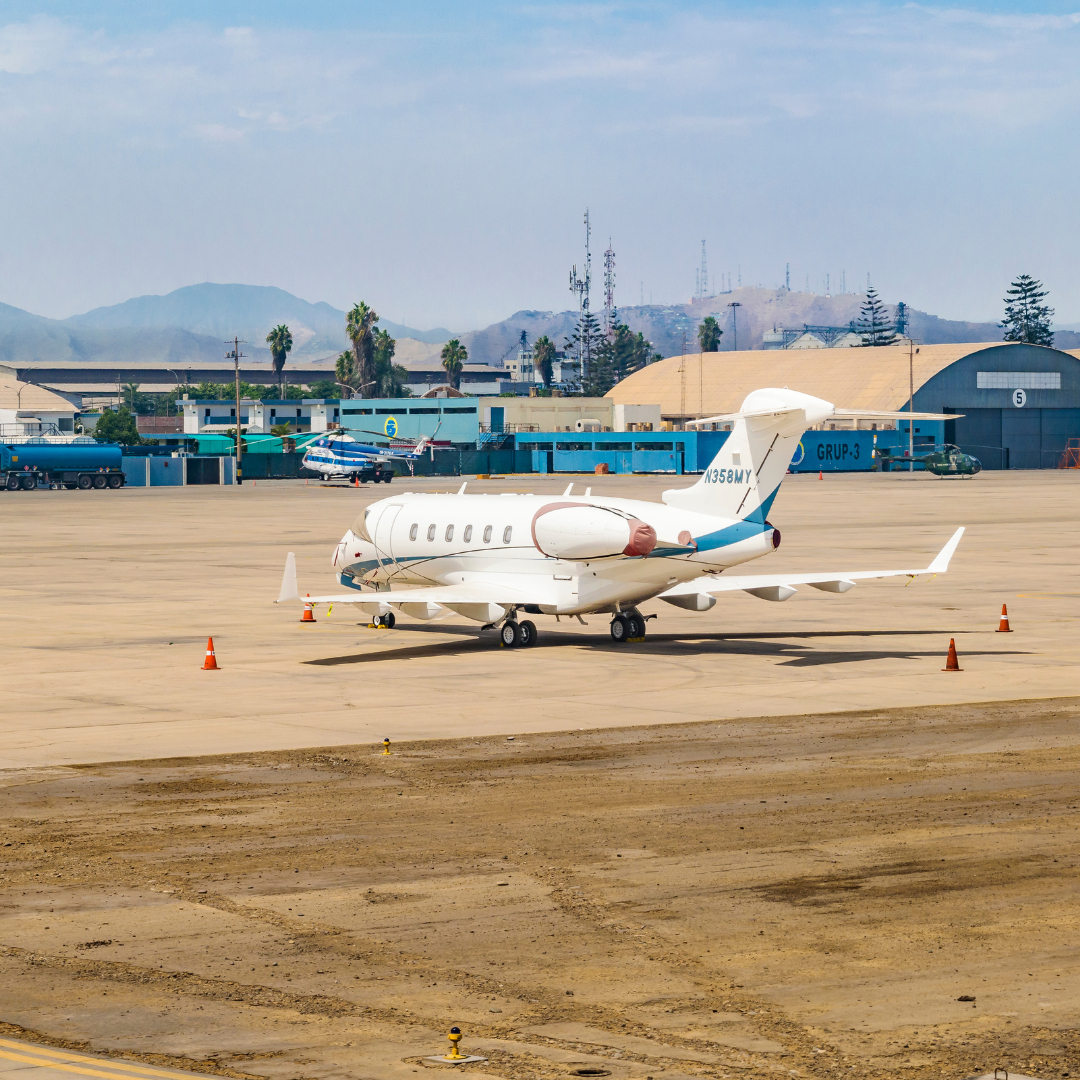Plane tracking
Plane tracking
Plane tracking, The field of aviation has always aroused a sense of excitement and amazement in humanity. The idea of flying through the air, breaking the constraints of gravity, and exploring new horizons has been a dream that humans have had since the dawn of time. With the tremendous development in technology, this dream has become a tangible reality, and flights have become an essential part of our daily lives.
But with the increase in the number of flights, the need has emerged for effective systems to track aircraft and ensure their safety and security. For this reason, aircraft tracking technologies emerged, which is considered a real revolution in the field of civil aviation.
Plane tracking, the best flight reservation application
Aircraft tracking technologies are sophisticated systems used to determine the location, altitude and direction of any aircraft at any time. These techniques are based on a combination of advanced technologies, including:
Global Positioning System (GPS): This system relies on a network of satellites to determine the location of any GPS-enabled device on Earth with high accuracy.
Air Traffic Control (ATC) Radar: Radar devices are used to track aircraft movements within a specific range around airports.
Automatic Identification and Tracking System (ADS-B): This system allows aircraft to send information about their position, altitude and heading to receiving ground stations.
HF Monitoring System: This system is used to track aircraft flying over oceans or in areas where GPS or ADS-B coverage is not available.
Benefits of aircraft tracking:
Aircraft tracking technologies offer many benefits, including:
Improve air safety: Tracking systems help prevent mid-air collisions by providing accurate information about the location of each aircraft in the sky.
Improve flight efficiency: Tracking information helps optimize flight routes, reducing travel time and fuel consumption.
Facilitating search and rescue operations: In the event of an aircraft accident, tracking systems help locate aircraft wreckage quickly and easily.
Improving traveler experience: Tracking information allows travelers to track their flights in real-time, and receive alerts about any delays or itinerary changes.
Aircraft tracking applications:
Aircraft tracking technologies are used in many fields, including:
Civil Aviation: Tracking systems are used to ensure the safety and security of commercial flights.
Military Aviation: Tracking systems are used to track the movements of military aircraft and detect any potential threats.
Private Aviation: Tracking systems are used to provide safety and security for private aviation flights.
Air Freight: Tracking systems are used to track shipments of goods via air and ensure they arrive on time.
Agricultural aviation: Tracking systems are used to track aircraft that are used to spray pesticides and fertilizers.
The future of aircraft tracking:
With the continued development of technology, aircraft tracking techniques are expected to become more accurate and efficient. Some expected future developments include:
Use of artificial intelligence technology: Artificial intelligence can be used to analyze tracking data, identify patterns, and predict the occurrence of potential problems.
Integrating new technologies: New technologies such as the Internet of Things (IoT) and blockchain can be combined with tracking technologies to provide more accurate and transparent information.
Expanding the scope of tracking: The scope of tracking can be expanded to include all types of aircraft, including small drones.
Challenges:
Despite the many benefits of aircraft tracking technologies, there are some challenges that must be addressed, including:
Privacy: Tracking systems may raise privacy concerns, as they can be used to track the movements of individuals.
Cybersecurity: Tracking systems are vulnerable to hacking attacks, which may threaten the safety and security of flights.
Cost: Tracking systems can be expensive, which can be a burden on airlines and travelers.
Conclusion:
Aircraft tracking technologies are truly revolutionizing civil aviation, improving safety, efficiency and passenger experience. With the continued development of technology, these technologies are expected to become more accurate and efficient, which will contribute to making aviation safer and more reliable.
You can visit our website and book in an easy and convenient way: Click here
For more inquiries, you can contact us via WhatsApp: Click here
| Saudi Riyal
AED | Emirates Dirham
£ | Pound Sterling
€ | Euro
$ | US Dollar






